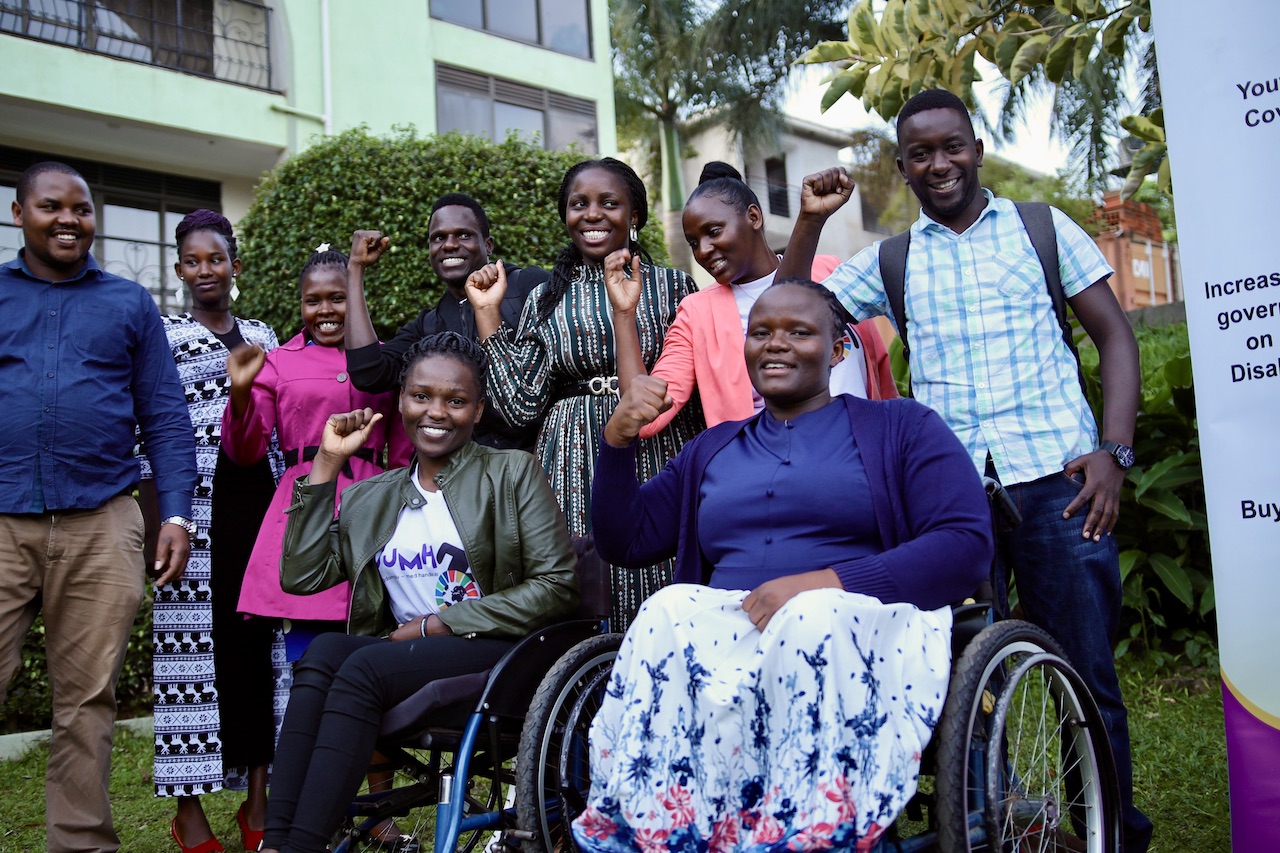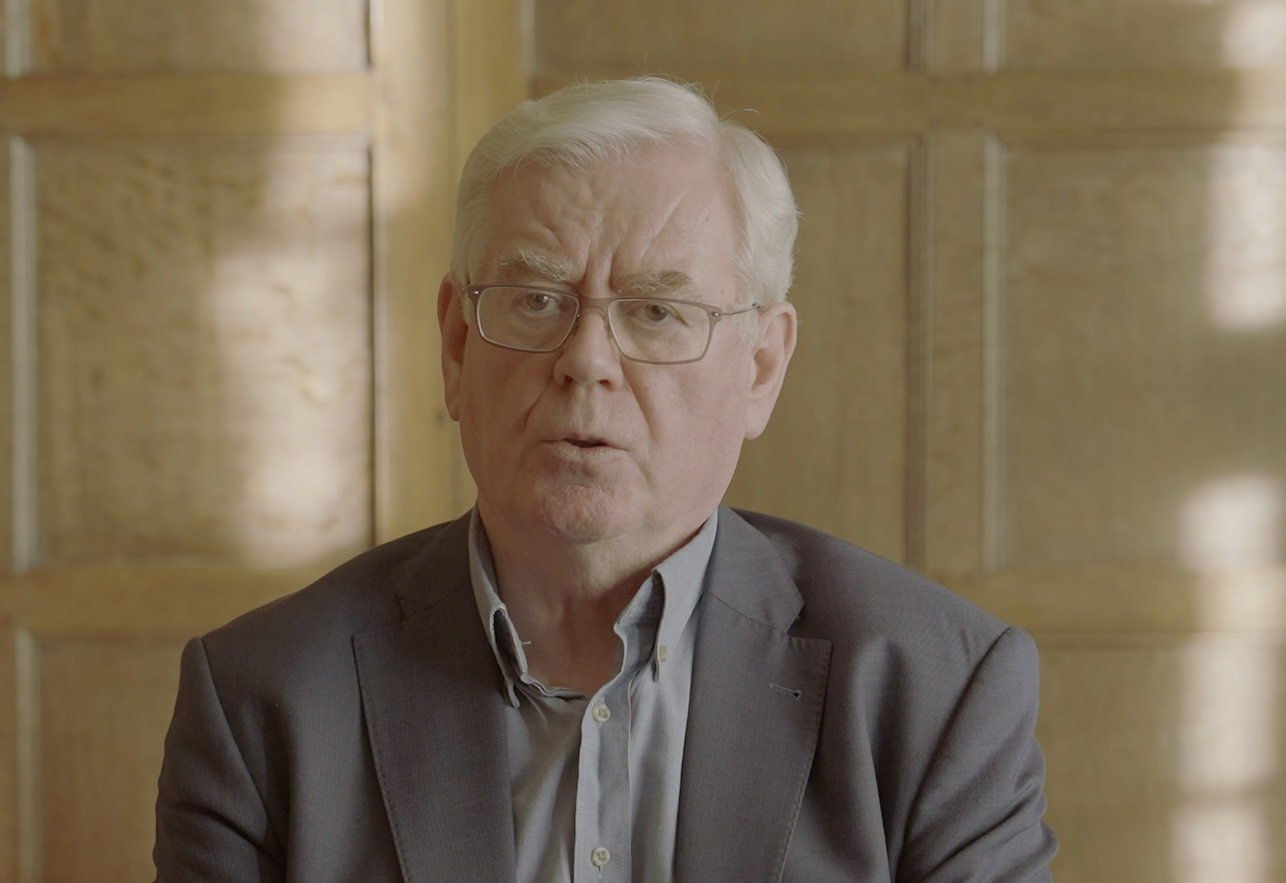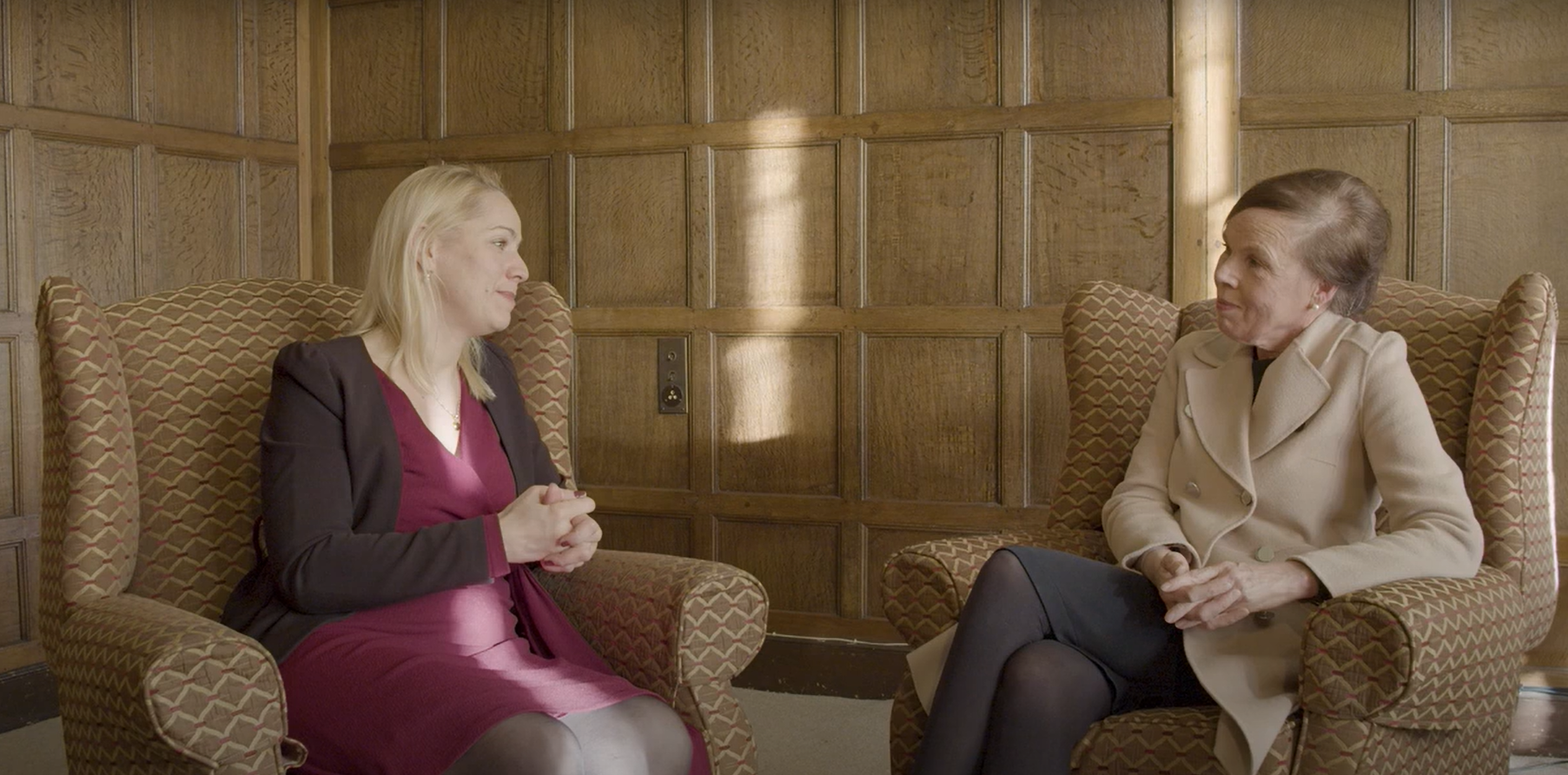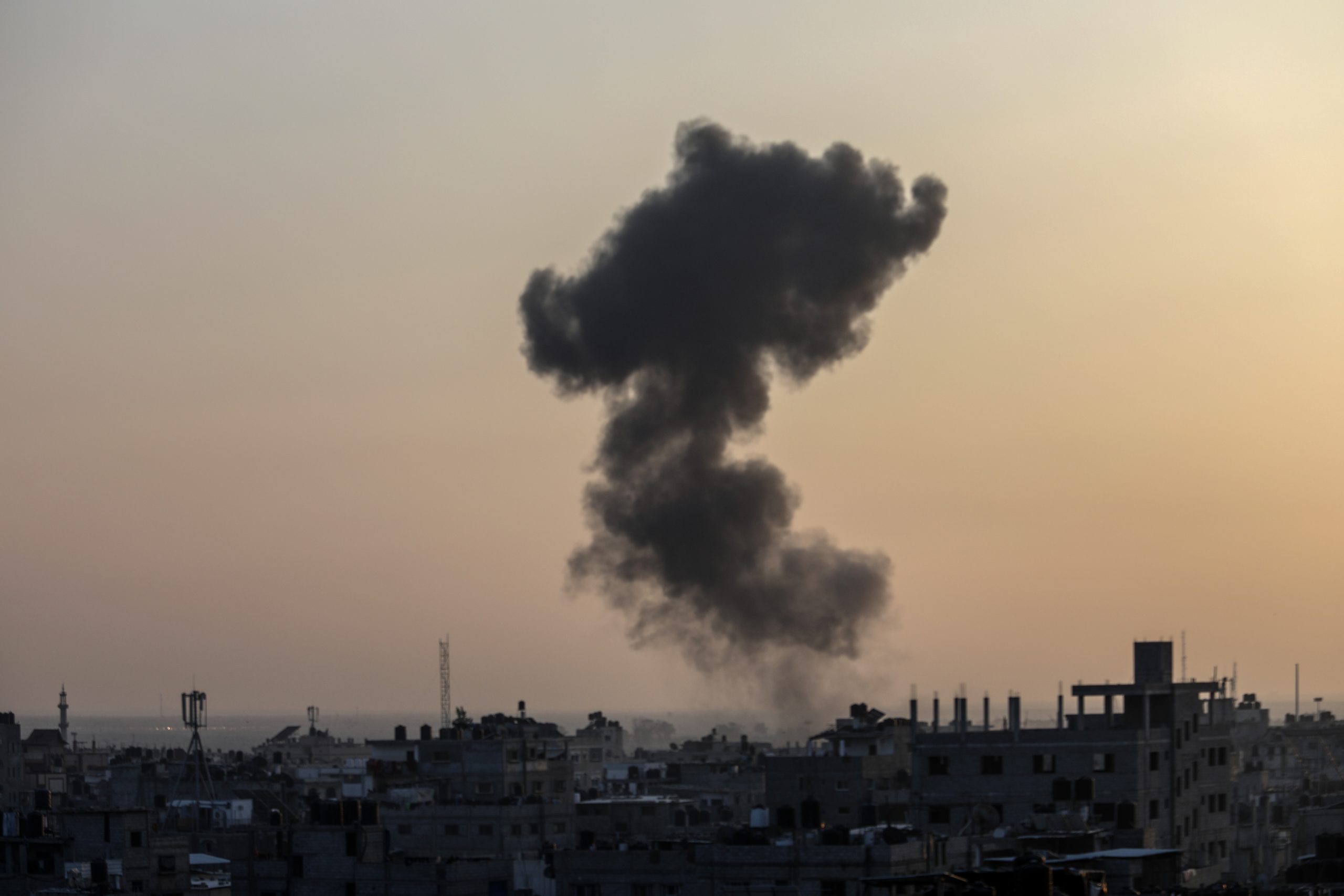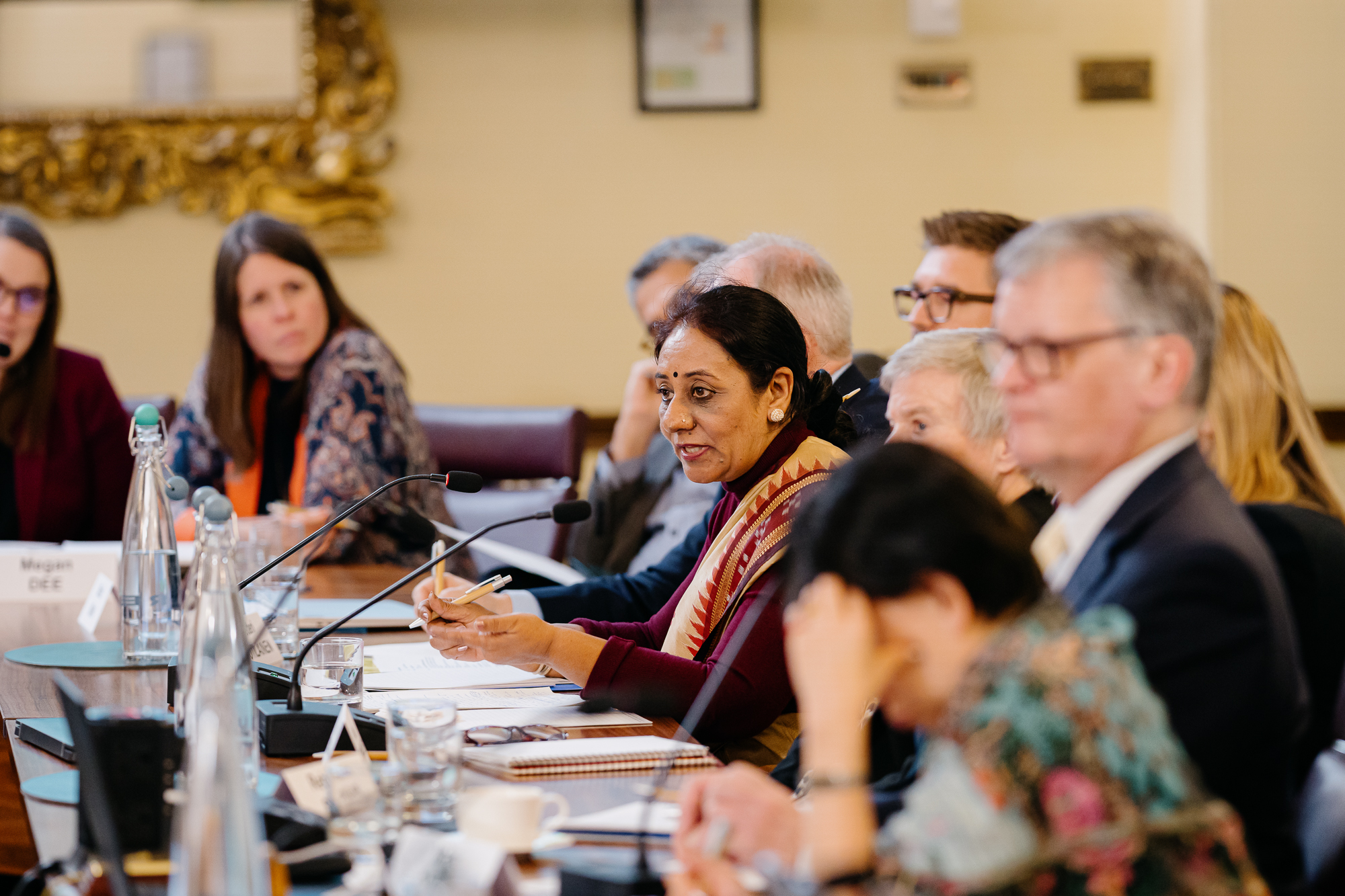This meeting, held in partnership with the Humanitarian Leadership Academy the International Federation of the Red Cross and Red Crescent Societies (IFRC) and the European Civil Protection and Humanitarian Aid Operations (ECHO) of the European Commission, offered a unique opportunity to share practical examples of work to advance localisation in specific countries and regions, including efforts to apply the Grand Bargain commitments on localisation and to explore ways in which a genuinely new way of working might become the norm.
The Grand Bargain commits donors and aid organisations to providing 25 per cent of global humanitarian funding to local and national responders by 2020 as directly as possible, along with more un-earmarked money, and increased multi-year funding to ensure greater predictability and continuity in humanitarian response. Alongside this comes a responsibility to increase investment in the capacity and leadership of local organisations.
This meeting sought to:
- Bring a wide range of localisation activities and initiatives together to share and capture lessons, identify examples of good practice and ways to scale up;
- Establish areas of agreement amongst participants to bring to bear the necessary will to overcome the barriers to success;
- Strengthen connections and collaboration among key stakeholders to incentivise and scale-up implementation;
- Generate new partnerships and commitments.
It brought together local humanitarian and civil society organisations, international actors, donors and the private sector, diaspora groups, affected states and regional bodies. The discussion and its outputs will support more formal discussions taking place on different aspects of the Grand Bargain.
Initial report
Further information and background reading
Local Humanitarian Action in Practice: Case studies and Reflections of Local Humanitarian Actors
WHAF Recommended Measures to Facilitate Locally Led Humanitarian Action
What is the Humanitarian Leadership Academy?




